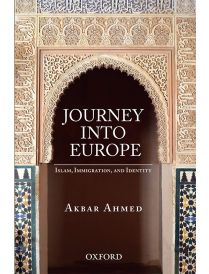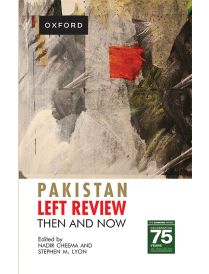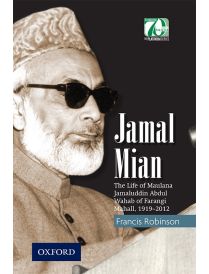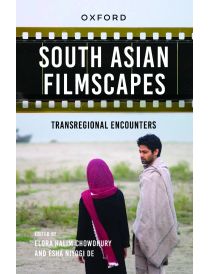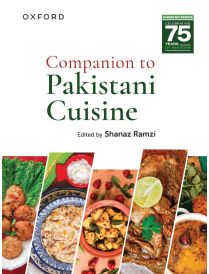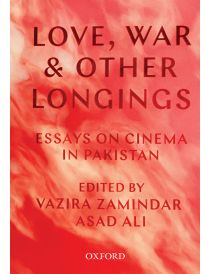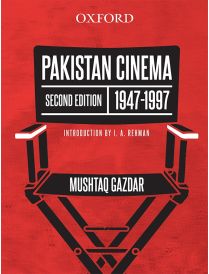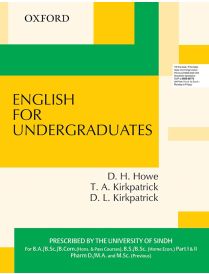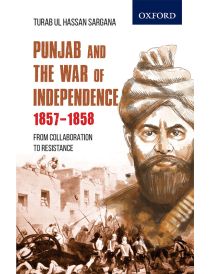The Punjab Bloodied, Partitioned and Cleansed 3rd Edition
The 1947 Partition of India stands as the largest forced migration in history, involving around 14 million people, with 10 million hailing from the Punjab region. This book, a holistic examination of this pivotal event, sheds light on the first major post-World War II ethnic cleansing. Drawing from confidential British reports, it shares poignant accounts from eyewitnesses, survivors, and participants in the violence on both sides of the border. Offering a balanced narrative, the book emphasizes that peaceful coexistence isn’t hindered by religious differences unless exploited by divisive forces. Interviews with those who experienced the violence provide candid revelations, making it compelling for anyone interested in recent Indo-Pak history. The third edition includes four poems depicting the partition’s tragedy and additional oral histories, each offering a unique perspective. The book underscores the theoretical aspect of governments in East and West Punjab collaborating to expel unwanted minorities, emphasizing the ethnic cleansing goal during the partition.
 Rights
Not for sale in India
Rights
Not for sale in India
 Year of Publication
2024
Year of Publication
2024
 Binding
Paperback
Binding
Paperback
 Pages
June 704
Pages
June 704



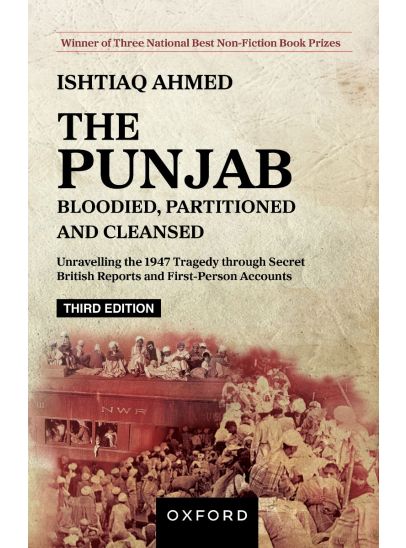
 Bulk Order
Bulk Order Request a Quote
Request a Quote